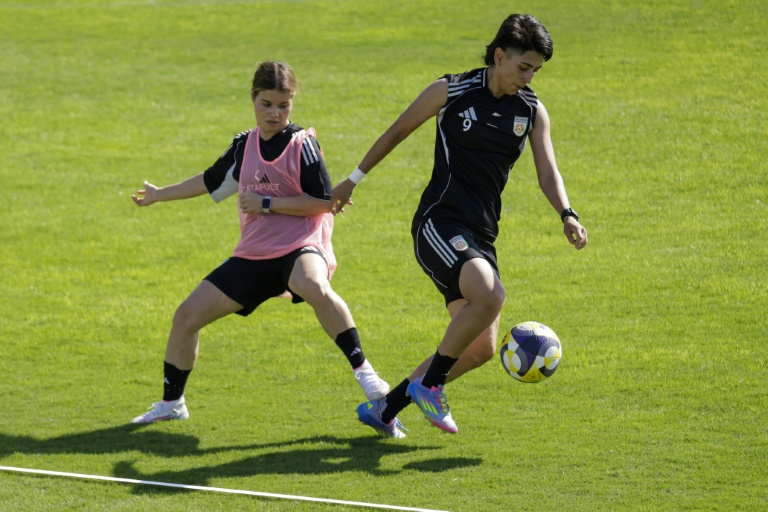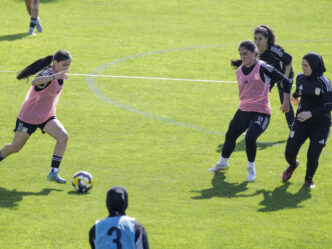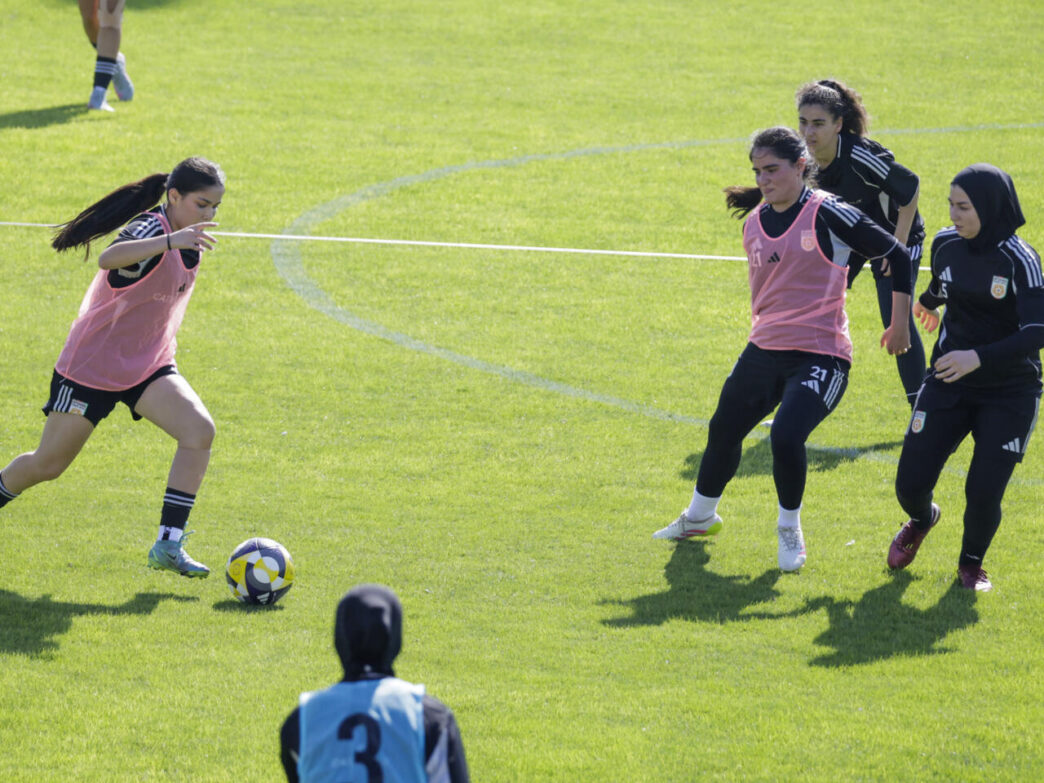When the Taliban regained power in Afghanistan in 2021, 22-year-old Manoozh Noori said she “wanted to die.” Their return meant she could no longer pursue her greatest passion — football.
Noori fled the country, where the United Nations has accused the authorities of enforcing “gender apartheid,” and joined a team of Afghan refugee women now competing in a pioneering tournament in Morocco.
“I asked myself, ‘Do I want to stay in a country where women are forbidden from studying, playing football, or doing anything?’” Noori told AFP.
The Taliban, who claim to protect women’s rights under Islamic law, have barred girls and women from education beyond the age of 12, most professions, and all forms of sport.
Before the takeover, Noori had played for Afghanistan’s national women’s football team, defying family resistance. When the Taliban returned, she buried her medals and trophies in her family’s garden before fleeing to Australia.
Her new team, Afghan Women United, was formed between Europe and Australia, where many former Afghan players have resettled since 2021.

The team recently made their international debut at the FIFA Unites: Women’s Series in Morocco. Noori scored their first-ever goal in the opening match against Chad.
Although they lost to Chad and Tunisia, their emphatic 7–0 victory over Libya marked a symbolic triumph.
FIFA President Gianni Infantino, who attended one of their matches, described their participation as “a beautiful story” being written “for so many girls and women around the world.”
Nilab Mohammadi, a 28-year-old striker and former soldier, said football represents more than a sport—it symbolises “life and hope.”
“There is no freedom left in Afghanistan, especially for women,” she said. “But now, we are their voice.”
Midfielder Mina Ahmadi, 20, who is studying medical sciences in Australia, said that although “a dream was taken away” back home, FIFA’s recognition has restored part of that dream.
“This new journey is a joyful moment for us,” Ahmadi added. “We’ll keep pushing forward.”
FIFA has not yet decided whether Afghan Women United can officially represent Afghanistan in international matches, but the players remain determined to gain recognition as the country’s national women’s team.
“These women are remarkable,” said Aish Ravi, a researcher on gender equity in sports who supported some of the players upon their arrival in Australia. “They’ve endured immense hardship just to play football. For them, the game symbolises freedom.”
Ahmadi admitted that life abroad has its challenges. “It’s hard adapting to a country where you didn’t grow up,” she said. “You miss home, your family, your friends… but we have to keep moving forward.”


 Trending
Trending 













